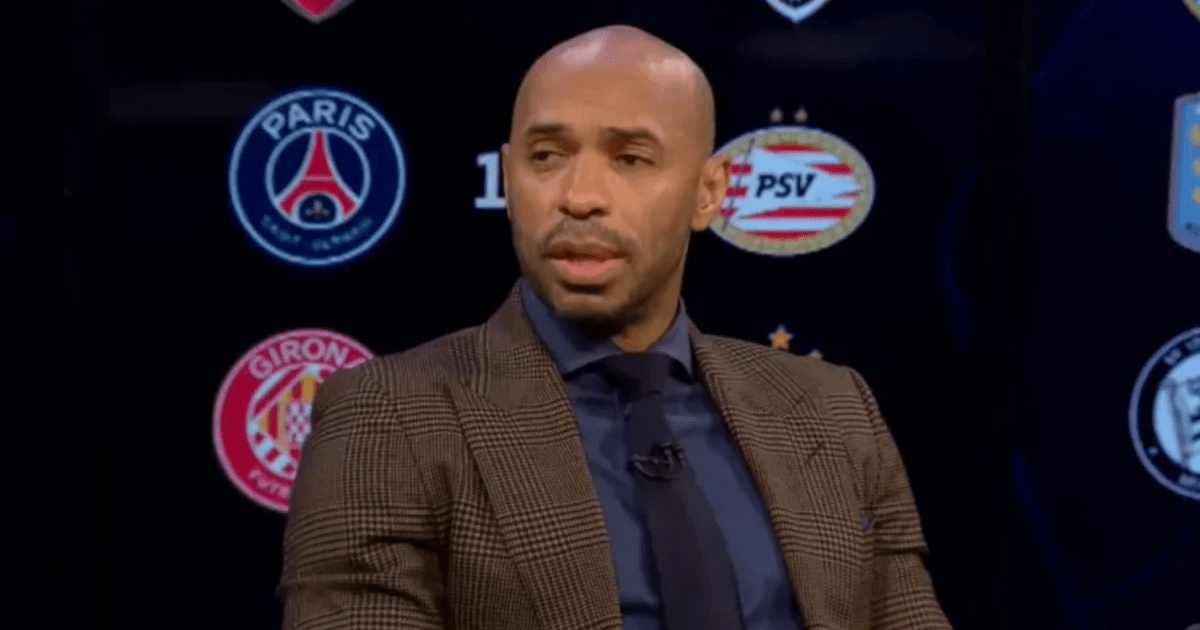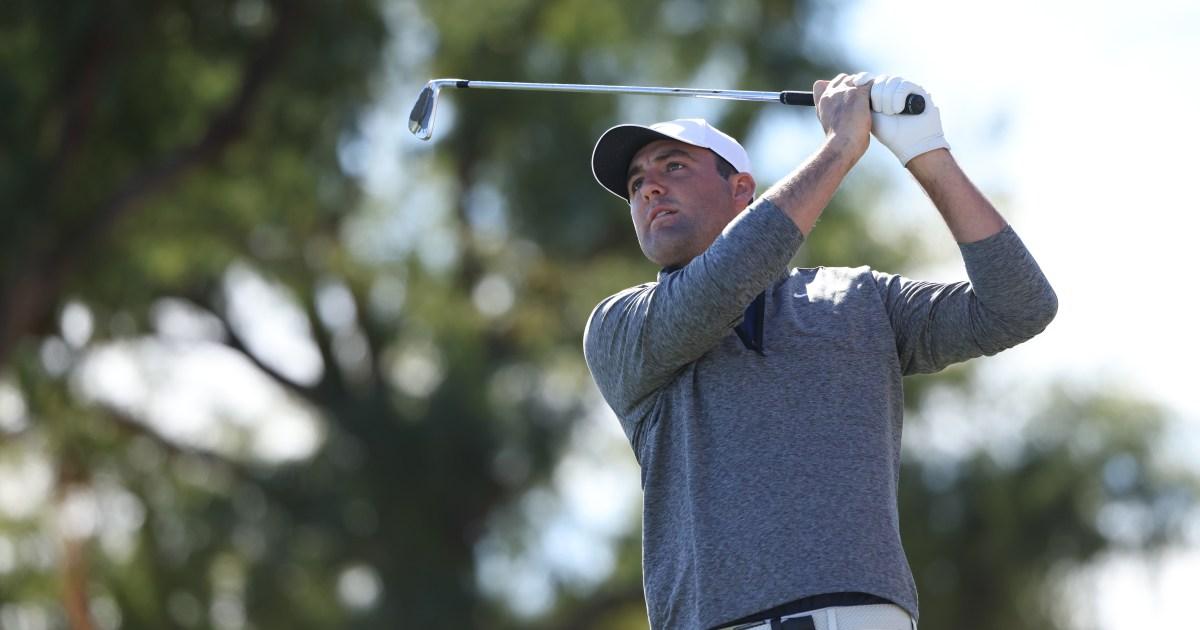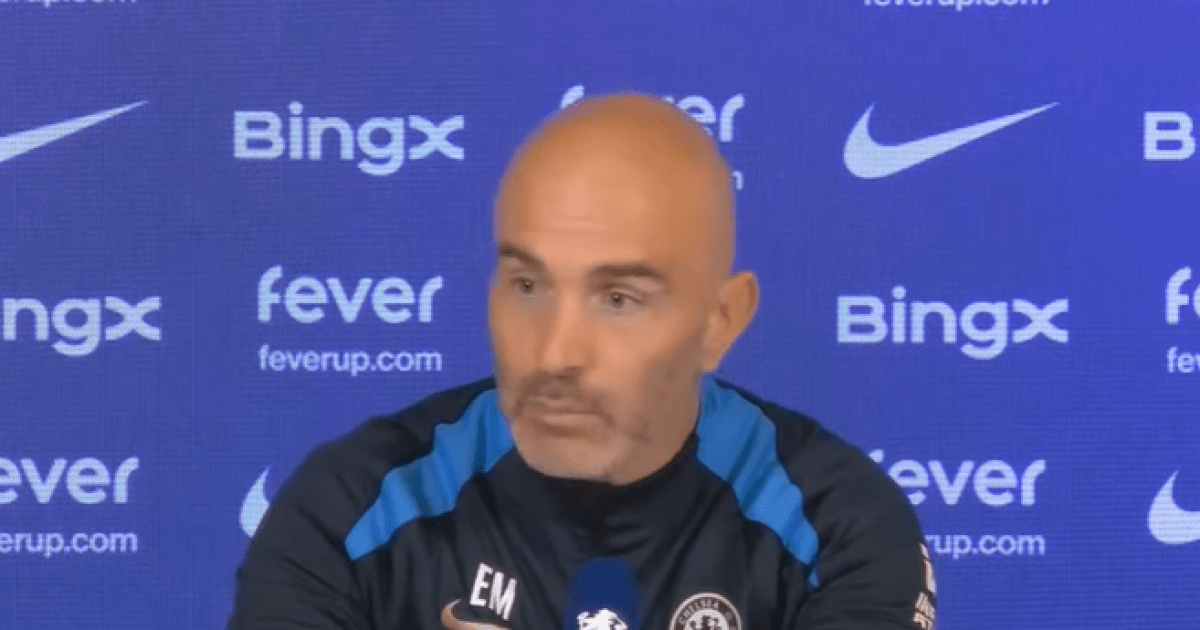Leeds’s goalkeeper was once regarded as so outrageously good that France fans joked about Hugo Lloris supposedly seeking inspiration by sleeping in Illan Meslier pyjamas. Rewind the clock to the summer of 2020 and the 20-year-old Meslier had not only just helped Marcelo Bielsa’s team win promotion to the Premier League but was about to play a pivotal part in securing Leeds a ninth-placed finish.
For quite a while the 6ft 6in Breton seemed a shoo-in to succeed Lloris as his country’s first-choice keeper. Decent judges likened him to Belgium’s Thibaut Courtois and Italy’s Gianluigi Donnarumma. “It was a very good and important time in my life,” Meslier says as he prepares to start against Southampton in Sunday’s Championship playoff final.
“At that moment, at such a young age, you don’t realise what’s happening. It’s only later that you start to realise it was something very great. I’m very grateful to have received this opportunity. To play in goal for Leeds at 20 is something very rare.”
Perfection is a flame touched by many but held by very few and, perhaps inevitably, Bielsa’s £5m signing from Lorient initially struggled in a team consigned to relegation last spring. As managers came and went and the defence in front of him disintegrated, Meslier became a scapegoat. After he conceded 22 goals in seven games last April the memories of the eight promotion-clinching matches four years ago, after replacing the suspended Kiko Casilla, became increasingly distant.
Meslier, though, is nothing if not resilient and one year on the 24-year-old is Daniel Farke’s first-choice goalkeeper, even if the experience of 12 months ago when Sam Allardyce dropped him for the season’s final four matches remain raw.
“Of course it wasn’t easy – there was a lot of change at the club,” says Meslier at Leeds’s training ground. “It was hard but you have to deal with these things. You have to be strong enough to take a break and then jump again. I think that’s what I’ve done.
“But the difficulty of this position is that, every week, you have to be perfect. Usually, if you make a mistake you concede a goal. You can be 10 out of 10 and then the last moments change everything. You have to be fully focused.”
The bad news for Southampton is that his concentration has been honed by first Lorient, the local club he joined from school in Brittany, and then a certain Argentinian coach. “Marcelo Bielsa didn’t speak a lot,” says Meslier. “But in training there was always a little bit of pressure. Mentally the discipline was always kept at a high level; it helped my mind to be very good, especially at distribution.
Bielsa likes goalkeepers to be as adept with their feet as their hands and Meslier, having played in assorted outfield positions before deputising between the posts as a supposedly emergency measure for Lorient at a youth tournament, proved ideal sweeper-keeper material.
Significantly he had also been toughened up by a Lorient regimen involving frequent boxing. It not merely compensated for his enduring lankiness but equipped him for the “high discipline” of life under Bielsa. “The mentality Lorient taught us and the maturity they gave us in the academy made it easy to adapt,” he says. “When I came here the hardest thing was the language. I didn’t speak English at all. Not even the basic words. And I was far from my family and friends.”
Once he had acquired his impressive fluency, Meslier sought specialist assistance. “I’m not ashamed to say I work with a psychologist,” he says. “I think I need it.” Their sessions have helped the former France Under‑21 international to place his initial labelling as “the new Lloris” in context.
“It’s always like this when a young keeper starts,” he says. “People expect him to be one of the best in a couple of years and play for France or Spain or wherever. But it’s not like this. Ability comes with experience. You won’t always keep making the right decisions. But when you make mistakes you become better.
“It’s difficult for the fans to understand that, for goalkeepers, it’s years of process. Unfortunately, making mistakes is the best way to learn; the important thing is understanding why you made them.”
Hindsight has enabled him to place Allardyce’s decision to replace him with Joel Robles in perspective. “With Sam,” he says, “my confidence went down. Of course. In the moment I would have said it was unfair. But it’s not easy in this situation. One year later I can see I was very exposed. I think I tried to help the team more than I should. When you’re in this situation you have to understand you cannot do more than your position allows you to do.
“It was a dark moment, it was difficult. But I’ve learned a lot and I’m very grateful that, from the first day, I felt a huge trust Daniel [Farke] has in me. I felt very happy. Now I want to give something back to him.”







